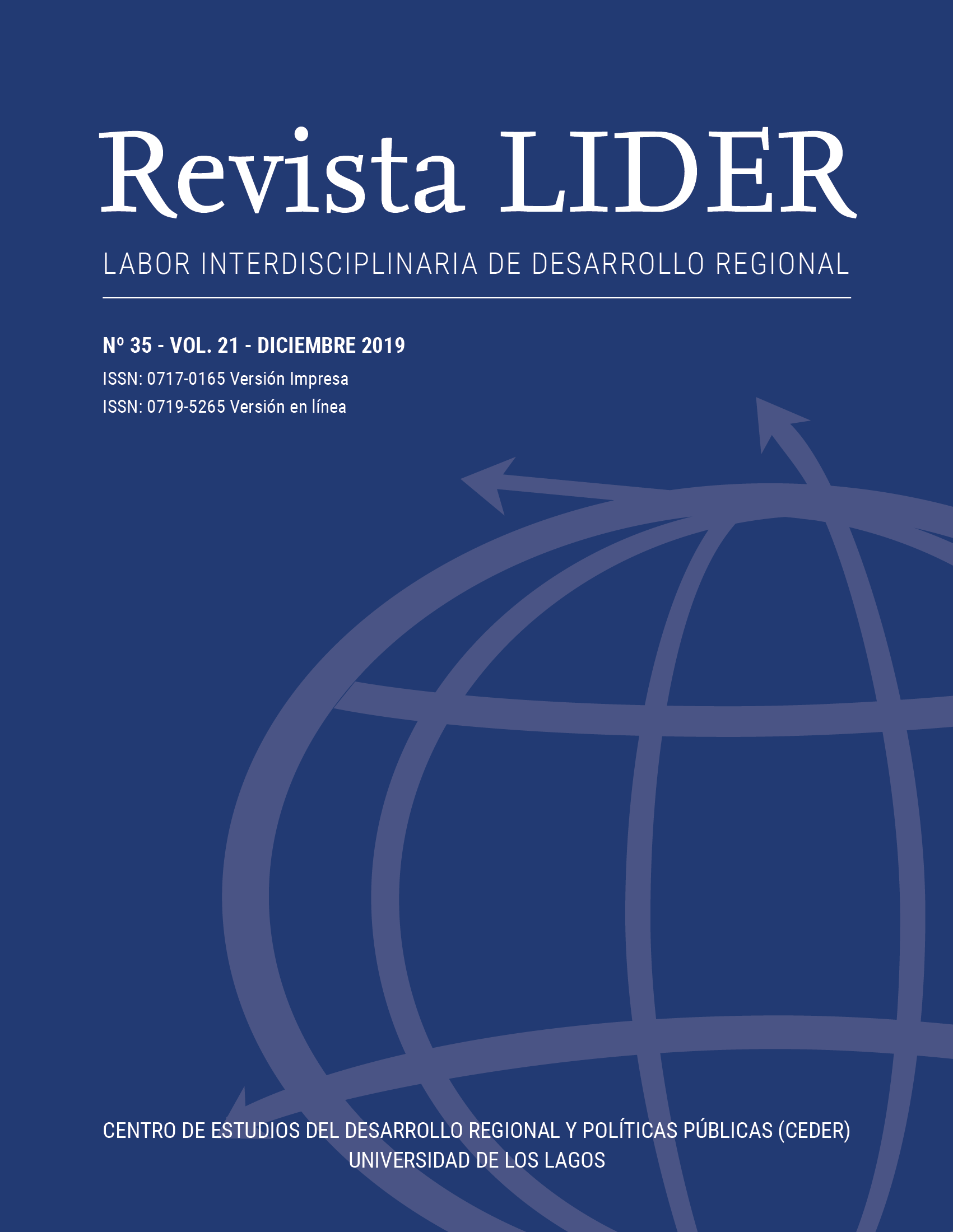The Evolution of Tourism Policy in Argentina. An Analysis of its Purposes
Main Article Content
Section: ARTÍCULOS DE INVESTIGACIÓN
Abstract
From the analysis of public policies, the article discusses the evolution of Argentina´s tourism policy understanding such policy as part of a historical process. The methodology that accompanies this consists in the documentary analysis of regulations, laws, decrees and documents focused on the evolution of Argentina´s tourism policy. This responds to a particular social, economic and political context, structured on the basis of current international canons, which allow differentiated periods to be identified, which cannot be explained by a single variable. Public actions in the area carry with them the ideas and needs of the government and its relations with other governmental and private actors, which dynamically occupy a predominant position in the tourism arena. The study identifies: an initial phase, prior to the historical emergence of tourism as a public issue, based on the strong participation of private actors; an expansion phase, associated with the consolidation of the Argentine welfare state and the generalization of the right to paid holidays and, finally; a phase of reconversion, linked to the ideas of deregulation and privatization that prevail since the end of the 20th century, consolidating the economic purposes associated with the promotion of the activity.
Article Details
Schenkel, E. (2019). The Evolution of Tourism Policy in Argentina. An Analysis of its Purposes. Revista LIDER, 21(35), 9-26. https://doi.org/10.32735/S0719-52652019358
Downloads
Download data is not yet available.

This work is licensed under a Creative Commons Attribution-NonCommercial-ShareAlike 4.0 International License.
